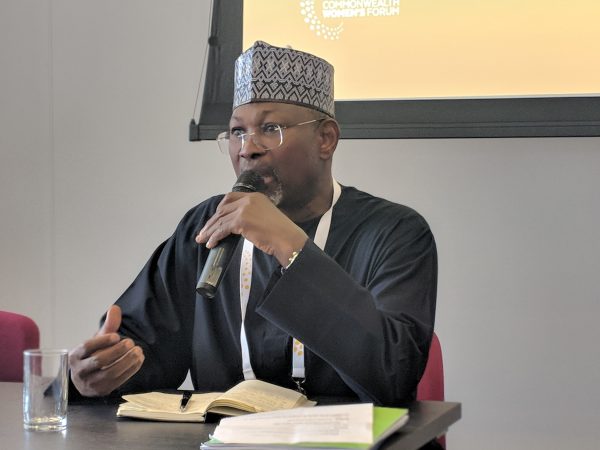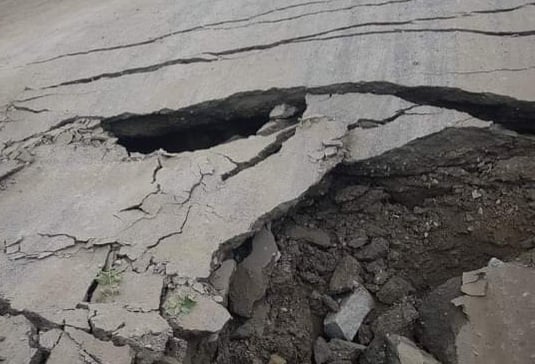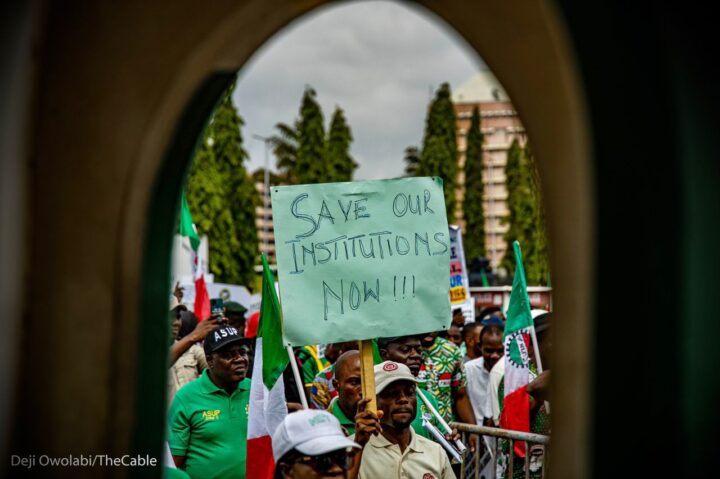Attahiru Jega, former chairman of the Independent National Electoral Commission (INEC), says corruption in the education sector is a miniature version of what is prevalent in the wider Nigerian context.
Jega spoke on Tuesday at the fourth national summit on diminishing corruption in public service organised by the Independent Corrupt Practices and Other Related Offences Commission (ICPC).
The summit had the theme ‘Corruption and the Education Sector’.
While delivering his address, Jega said there is no doubt that the “endemic” nature of corruption in Nigeria hinders socioeconomic development.
Advertisement
He said corruption in the education sector undermines the aspirations of young people for access to good education.
“The corruption that takes place within the education sector is a dwarf mirror image of what happens in the wider Nigerian context, albeit to a lesser extent, but with comparatively more consequences. Nonetheless, it is significant enough to attract serious attention and appropriate mitigation measures,” he said
The former chairman suggested six ways of eliminating corruption in the education sector.
Advertisement
“First, it is noteworthy, as Kirya (2019) has observed that, corruption the education sector cannot be solved in isolation. Strategies for its resolution would necessarily have to be in the context a comprehensive grand strategy for addressing corruption in the wider public sector,” he said.
“Second, active citizenry demanding quality education for their children are an important requirement for making the education sector accountable.
“Third, there is the need to increasingly deploy both transparency – promoting tools (such as ICT, PETS, P-Budget, etc.) and accountability – promoting tools (such as performance-based contracting, teacher code of conduct, community monitoring, etc.) in schools, as these go a long way to mitigate corrupt practices in the education sector.
“Fourth, in the long term, as mandated by the UNCAC, introduction of values, integrity and anti-corruption education in school curricular would is necessary to engender reorientation and behaviour changes amenable to the fight against corruption.
Advertisement
“Fifth, a culture of whistle-blowing to expose corrupt practices and their perpetrators, should be encouraged and nurtured, with appropriate incentives to, and protection for, whistleblowers.
“Sixth, a very good legal framework for the fight against corruption, especially with the aid of whistleblowing, needs to be enacted, with appropriate incentives and sanctions/punishment, as well as strong institutional mechanisms and agencies for enforcement (see Jega, 2021).
“In this regard, the already existing anti-corruption institutions, which are doing commendable work, need to be strengthened, adequately resourced and incentivized to increase the tempo and effectiveness of their activities.”
Advertisement
Add a comment






